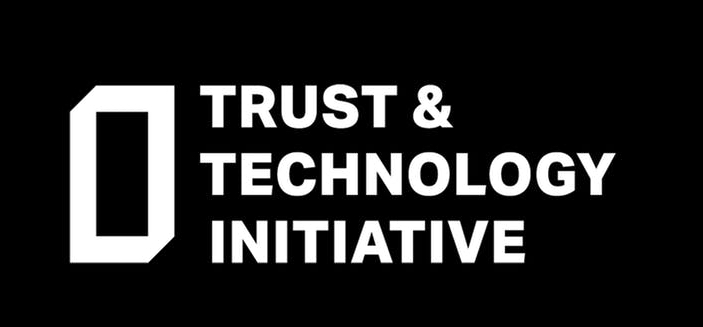Giving voice to digital democracies
This exciting new project will begin on 1st October 2018, and it is one of the inaugural projects for the Centre for the Humanities and Social Change that is based at CRASSH. The Centre forms part of the Humanities and Social Change International Foundation (https://hscif.org). The project will explore the profound social changes induced by Artificial Intelligence (AI) and Information and Communications Technology (ICT) in modern digital democracies.
The importance of this subject cannot be overestimated. Currently, there are serious concerns that these technologies endanger digital, physical, and political security, induce social fragmentation, create filter bubbles and echo chambers, facilitate the spread of mis/dis/malinformation, adversely affect mental health, and therefore risk undermining the very fabric of democracy itself. However, other experts predict that the very same technologies will enable progress in health, education, transportation, energy, the environment, and welfare, promote free speech, human rights, and government accountability, while contributing up to $15.7 trillion to the global economy by 2030. Despite these starkly conflicting perspectives, China has outlined detailed plans for AI and ICT research, and there are comparable ambitions in America, Japan, South Korea, and Singapore. Clearly, this growing international consensus concerning the need for the rapid development of these technologies requires urgent disinterested scrutiny. The recent success of neural- network-based techniques have prompted the current interest in intelligent technologies, and open-source software libraries such as ‘Tensorflow’ and ‘PyTorch’ have facilitated research involving deductive reasoning, pattern recognition, and automated inferences. However, any sense of homogeneous uniformity is a chimera. AI and ICT actually constitute a sprawling set of loosely interconnected approaches that pose markedly different challenges.
Therefore, to avoid superficial generalisations, this project will focus specifically on technologies at the intersection of AI and ICT (from henceforth ‘AICT’) – namely, speech technology, natural language processing, smart telecommunications, and social media. Intelligent conversational agents such as Siri (Apple), Cortana (Microsoft), and Alexa (Amazon) exist at the very centre of this intersection, and the societal potentialities of such systems are enormous. In the next 5-10 years, they will increasingly influence all aspects of our lives, from how we turn the heating on and off, to how we encounter news stories and vote in national elections. Surprisingly, though, the specific linguistic, ethical, psychological, sociological, legal, and technical challenges posed by AICT rarely receive the focused attention they deserve.
Consequently, this project will examine the social impact of AICT in modern digital democracies. The core aim is to establish a viable research framework that enables cutting-edge interdisciplinary thinking to influence directly the development of AICT, so as to make it more trustworthy, accurate, unbiased, and transparent. Therefore, this project will provide a unique opportunity to determine how existing AICT infrastructures can be reconfigured to enable the resulting technologies to change society more beneficially in the future.

